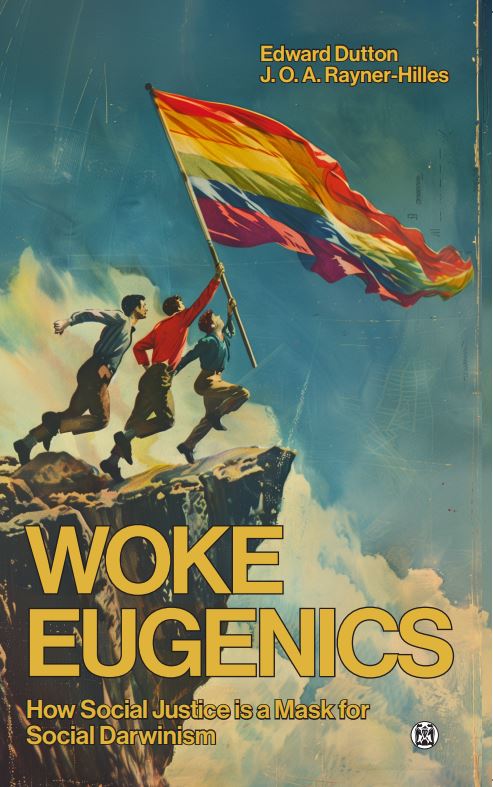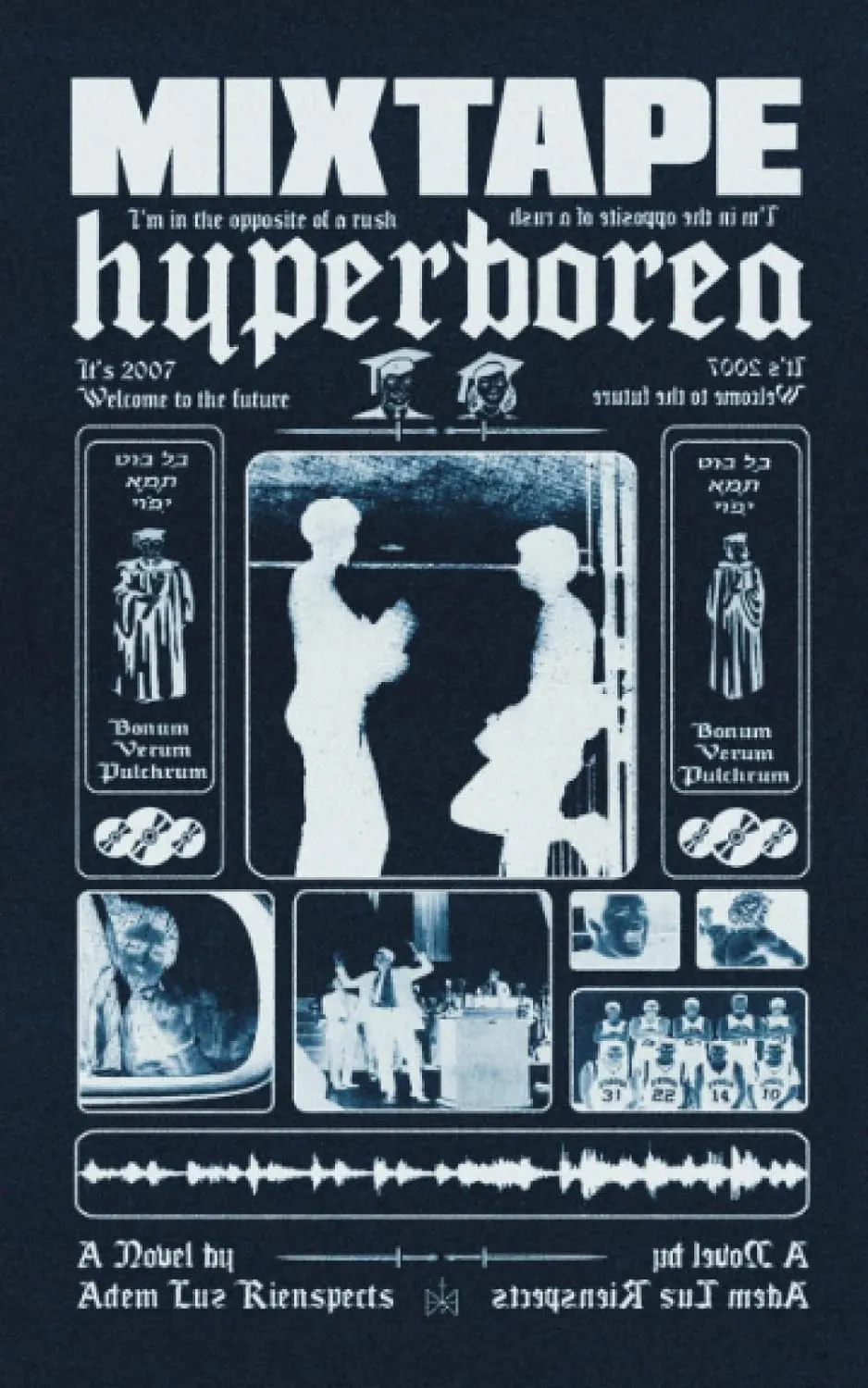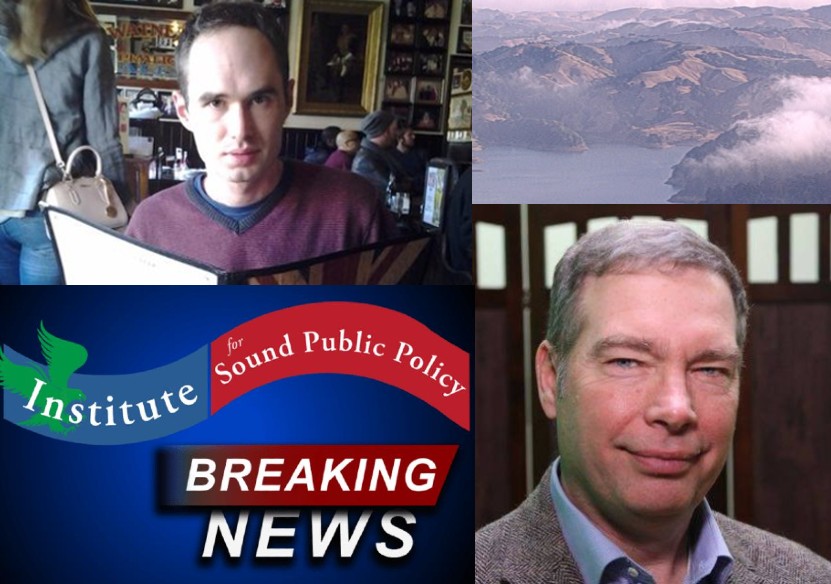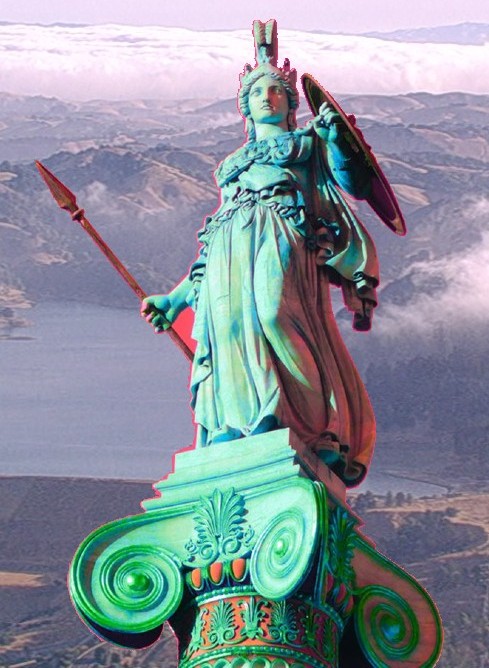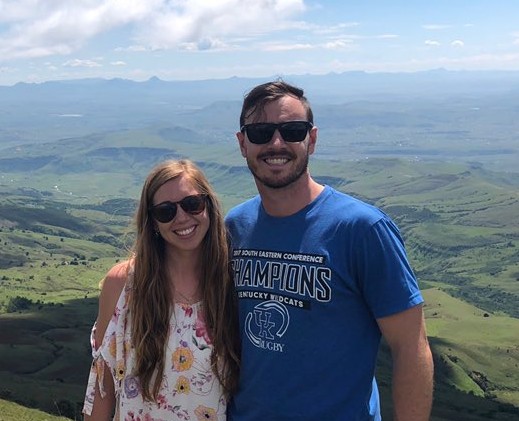Subscribe to Sebastian Jensen on Substack and follow him on Twitter/X.
Topics:
-How Seb became interested in HBD and selected his moniker after Arthur Jensen
-Seb’s background, being raised Mormon in Spain to a Mexican dad and a White American mom
-The implications of GWAS testing of genetic variants in normalizing HBD
-Why Seb predicts that HBD won’t be normalized until the 2nd half of the Century due to mass climate migration
-How fertility is starting to converge among the races
-Why fertility is crashing the most in 2nd world nations
–The validity of breeder selection theory, that demographics whose fertility crashes earlier are at a long-term advantage
-The growing fertility gap between liberals and conservatives
-How the middle class being more risk averse than both the wealthy and poor explains their lower fertility
-The degree that assortive mating exaggerates genetic traits among class lines
-How intelligent men tend to select more for facial beauty over secondary sexual characteristics
–The reasons for the decline in Mormon fertility
-Whether racial mixing will make society more or less racist in the future
-How non-mixed Whites are bifurcated between woke or colorblind and identitarians
-How Seb predicts Whites, Hispanics, and Asians to a lesser degree, to mix into one same race, while Blacks remain separate
-How mixed race people with White fathers often have different personality types than those with White mothers
-How automation/AI may ease selection pressures against those who are unemployable due to intelligence or personality traits
–The implications of gene editing/embryo selection in the future
-Why Seb is not a hereditarian reductionist which undercounts the importance of nurture
-Why the incel issue is getting much worse in the US than in other developed nations
-Why wokeness is declining in the short term but may resurge in the long term
–Why Seb predicts that society will neither collapse nor get better
Click Here to download!
Checkout Robert Stark’s Facebook page, Twitter, Instagram, Stark Truth TV, novel Vaporfornia, and subscribe to his Substack.

